Training for the New Alpinism
An athletic approach to improving physical and mental toughness on the mountain

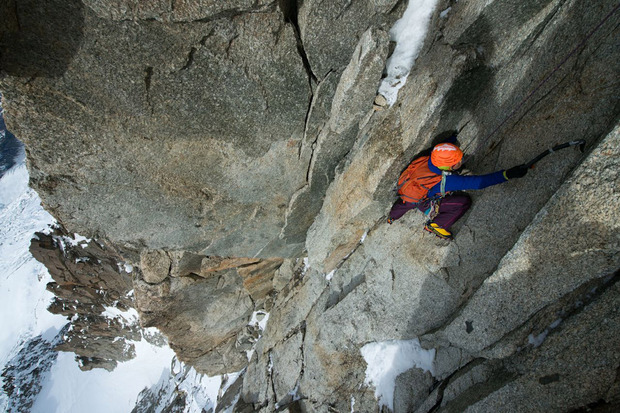
Clinging to a precious step of granite, ice axes in hand, with the next rest 12 meters up, the only regret you’ll have as a climber is the training you passed up. Each centimeter gained vertically is a triumph as the lactic acid builds and pulses quicken. It takes feeling that deep fatiguewhen your strength (physical and mental) is all that’s leftto realize the importance of fitness. On a recent trip to the Alps with Patagonia, we learned the importance of training in mountaineering firsthand, with leading climber Steve House. House’s new all-encompassing tome with co-author and coach Steve Johnston, “Training for the New Alpinism” is a must-have for anyone looking to optimize their time in the mountainsfrom guides throwing up new routes to weekend warriors getting into a new sport.
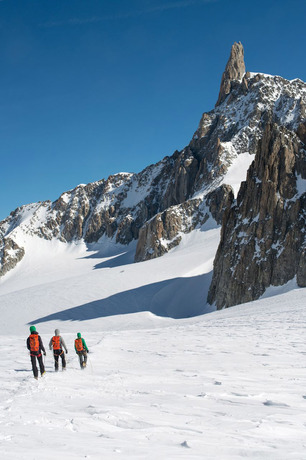
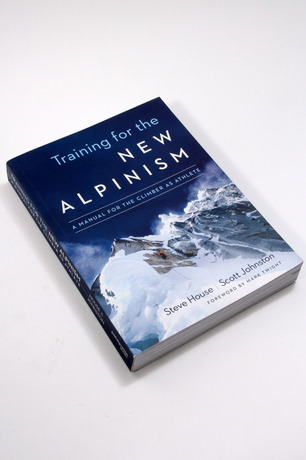
The book combines proven physiological conditioning methods for endurance sports (like nordic skiing and ultra-running) and optimizes them for alpine mountaineering. “Scott Johnston and I have been working on my training plans together since 2001 and we accumulated a lot of experience; a lot of understanding of how to best train for alpine climbing,” House tells CH. “We both felt we had a responsibilityto share that knowledge with the worldwide climbing community.” House’s proven training methods have helped him summit peaks around the world including first ascents in Alaska, Pakistan and the Yukon. While most of us won’t be scrambling up the Himalayas anytime soon, the book’s easy-to-use format and scaleable training programs are accessible for anyone looking to improve their fitness through a new approach.
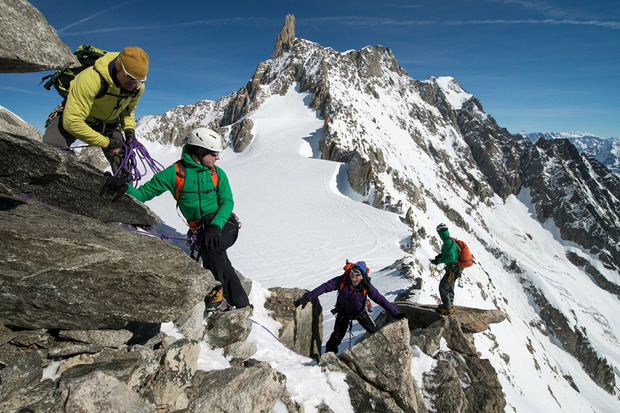
More than just offering a “how-to” book, House and Johnston take a holistic approach to climbing training, offering critical insights on why chosen methods work and the affect training, climbing and altitudes have on the human body. The duo left no stone unturned in the 464-page color book, punctuating the hard physiology and training with essays from the world’s most renowned alpinists and anecdotes from House. An exemplary (and extensive) chapter on nutrition provides imperative information and tips for eating during training, short and multi-day climbs. Most importantly, House and Johnston explain why eating is important and what happens to the body during proper versus improper nutrition.
Oddly enough, the most accessible chapter for beginner climbers may be the section on mental toughness. For anyone (especially novices) who has crimped themselves as close to a rock face as possible, wishing there were any way up or down other than actually climbing, this chapter is imperative. As the title of the chapter states, “Mental Fitness: The Most Difficult 80 Percent,” staying tough and positive is one of climbing’s biggest hurdles. The authors recognize here that science only takes us so far and this is less definitive yet nonetheless important training ground.
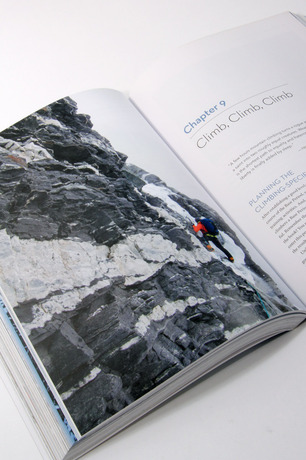
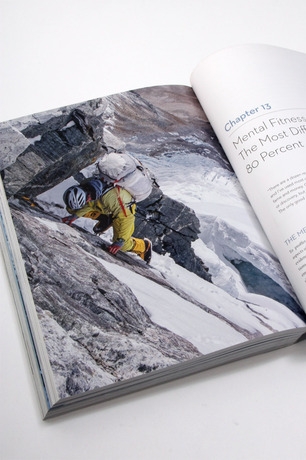
This section provides such sound reasoning and tips regarding mental toughness that its application extends well beyond climbing. The reasons surrounding various motivations for climbing are diverse, however the skills one learns are universal. Keeping focused, solving problems, managing resources and working in a team are all intrinsic to success in climbing and all translate to the wider world and our every day lives. In a way, the chapter on mental conditioning speaks to the larger role of climbing in our lives and consciousnesses. The goal may be the peak of the mountain, but the impact it has on our lives, personalities and skills reaches further. The crux of the book is to climb betterboth mentally and physicallybut climbing is a sport that ultimately begs the question: why? What draws us to the mountain and what reasons keep us going back? Why do we go through such lengths to get better? The most satisfying answer comes from Patagonia’s charismatic and influential founder Yvon Chouinard: “The only good reason to climb is to improve yourself.”
“Training for the New Alpinism” is available from Patagonia and Amazon from $23.
Climbing photos by Maxime Turgeon, book images by Hans Aschim












